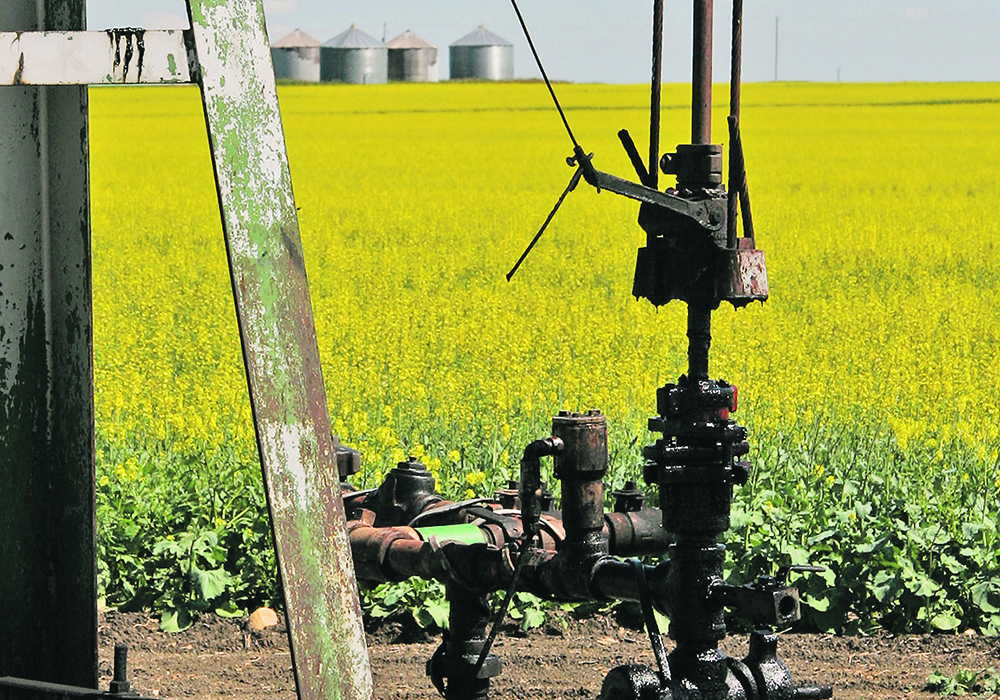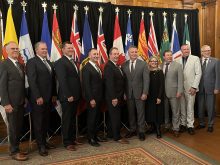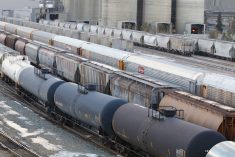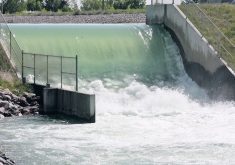Rural leaders to press new Alberta government on infrastructure, health care and oil and gas well clean up
Alberta’s United Conservative Party swept rural ridings in the May 29 election — rural ridings that don’t border Calgary or Edmonton.
That could raise expectations that rural issues will be addressed by the new government.
There is no shortage of those, according to Rural Municipalities of Alberta (RMA) president Paul McLauchlin.
He said his organization is eager to address issues of municipal infrastructure, rural healthcare and inactive oil and gas well clean up.
“There is a real need to educate ministers and MLAs as (to) what we do as rural municipal leaders,” said McLauchlin. “I don’t think people quite get what we do and especially as you are going to have some new folks in there — people switching seats in ministries — we’re going to be spending a lot of energy telling our story.”
Read Also

Saskatchewan puts crown land auction on hold
Auctions of Saskatchewan crown lease land are once again on hold.
Trade, commodity prices and transportation issues directly impact rural residents, he said.
“And it all comes back to the greater conversation, which is infrastructure,” said McLauchlin. “Making sure we make those core infrastructure investments and making sure they understand clearly on what the key priorities are for us all across Alberta.”
Regarding inactive oil and gas infrastructure and a controversial program that would provide royalty credits to companies to clean them up based on an initiative called RStar, McLauchlin said that is not a popular idea among RMA members.
“I started quoting former minister of finance Travis Toews and that these royalties are owned by Albertans. It’s important to realize that ownership is quite important to consider,” he said.
The idea of using royalties to clean up old sites would violate the polluter-pay principle, “and we need to sit down and figure out better ways to deal with both liabilities and active wells at a more aggressive system that would likely be tied to commodity price,” said McLauchlin.
The RStar model also flies in the face of basic business principles and RMA members have no interest in seeing it adopted, he said.
“My hope is the government doesn’t go down that path. I’ve had industry conversations and they say this is not a good idea. It only helps a select few companies. It helps out the large companies, which is the exact opposite to what you want to do. They are the ones that are cash rich and actually do have the money to meet their requirements.”
Even under the current estimates of cleanup costs for oil and gas infrastructure, which McLauchlin and others criticize as being far too low, it would take decades to deal with the issue.
“It would take 20, almost 30 years, to clean up the past contamination and that’s being extremely generous,” he said.
Then there is the related issue of unpaid municipal taxes along with delinquent surface lease payments to landowners.
When it comes to healthcare, more than 30 rural health-care facilities are experiencing some reduction in service, from lack of emergency rooms to shortages of beds to a lack of maternity doctors.
“We need to have an all-hands-on deck for the conversation,” he said. “My hope is to have a collaborative approach.”
McLauchlin said Alberta’s general election was hard-fought and left its mark on many.
“That was a tough election, one of the nastiest that I’ve ever seen,” he said.
Subject to the results of recounts in several close ridings – some of which resulted in vote differences in the single digits – the UCP won 48 seats against the NDP’s 38 with one former UCP nominee expected to sit as an independent.







![Alberta will no longer allow such [wind and solar] projects on Class 1 and 2 land unless they can demonstrate crops and/or livestock can co-exist with them, said Alberta Premier Danielle Smith. | Getty Images](https://static.producer.com/wp-content/uploads/2024/02/29164059/solar-panels-GettyImages-1032683612-235x165.jpg)








